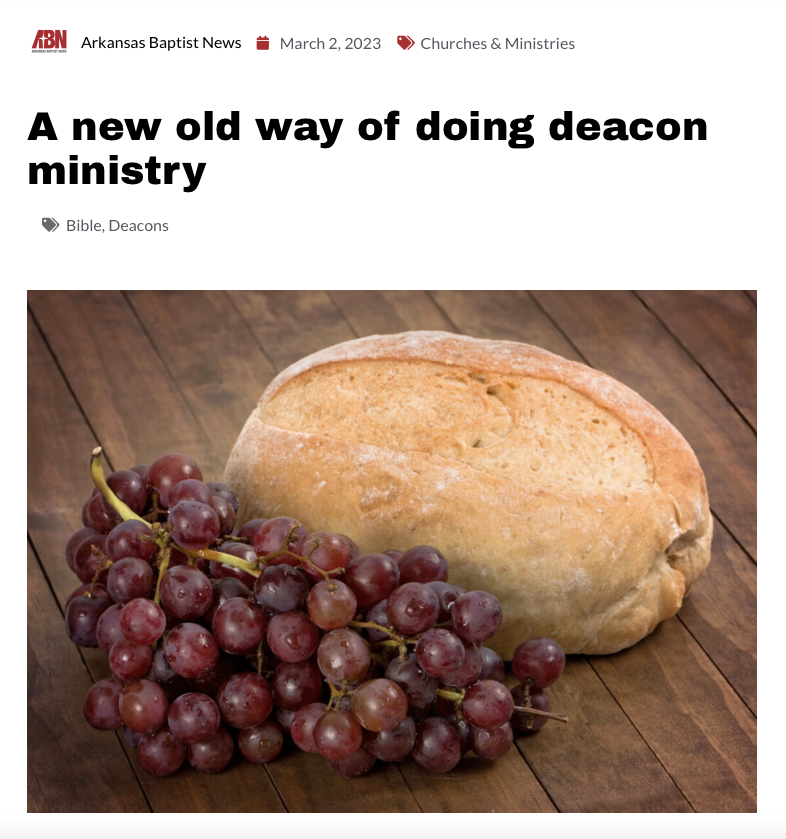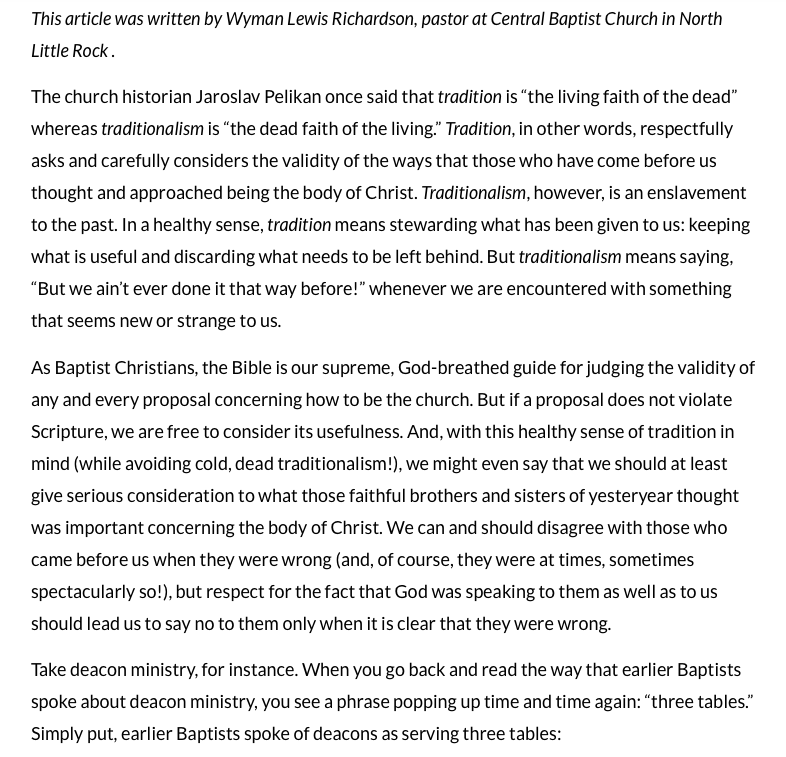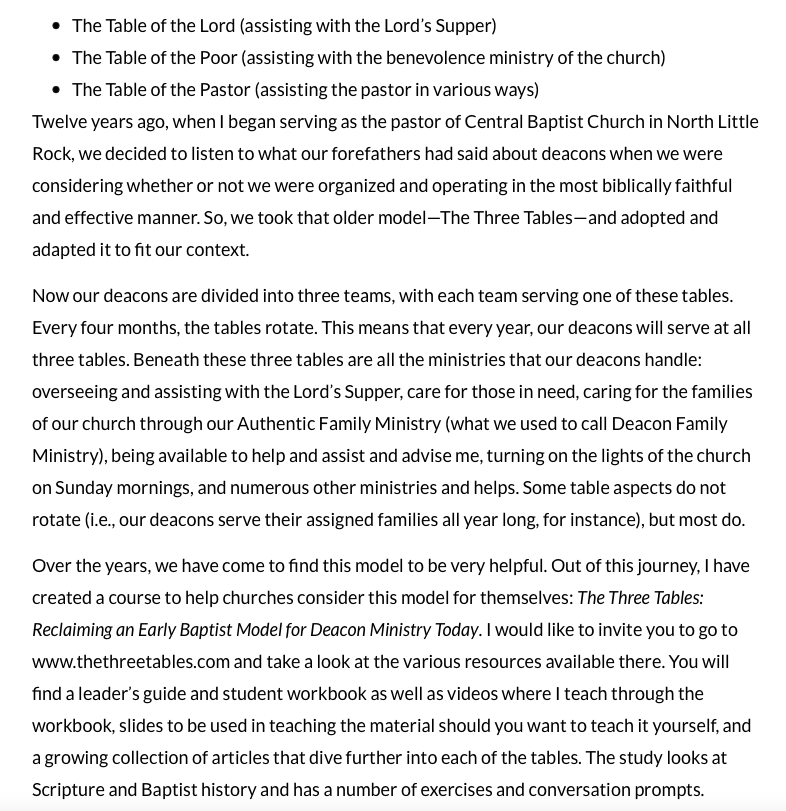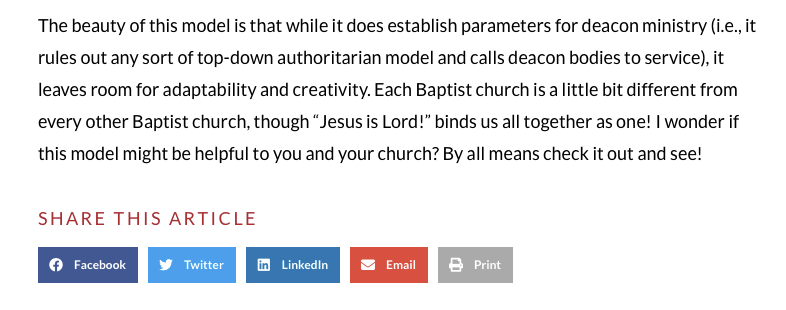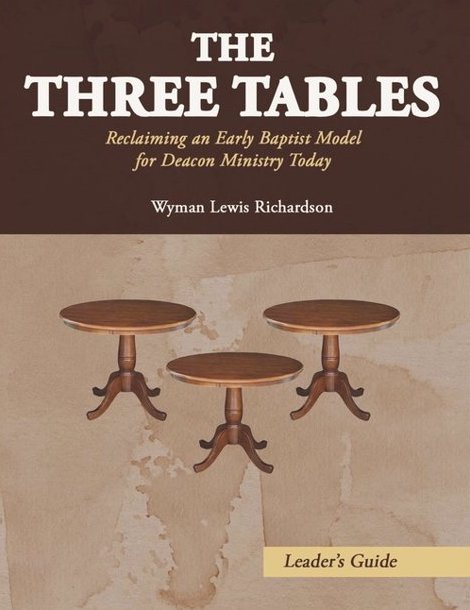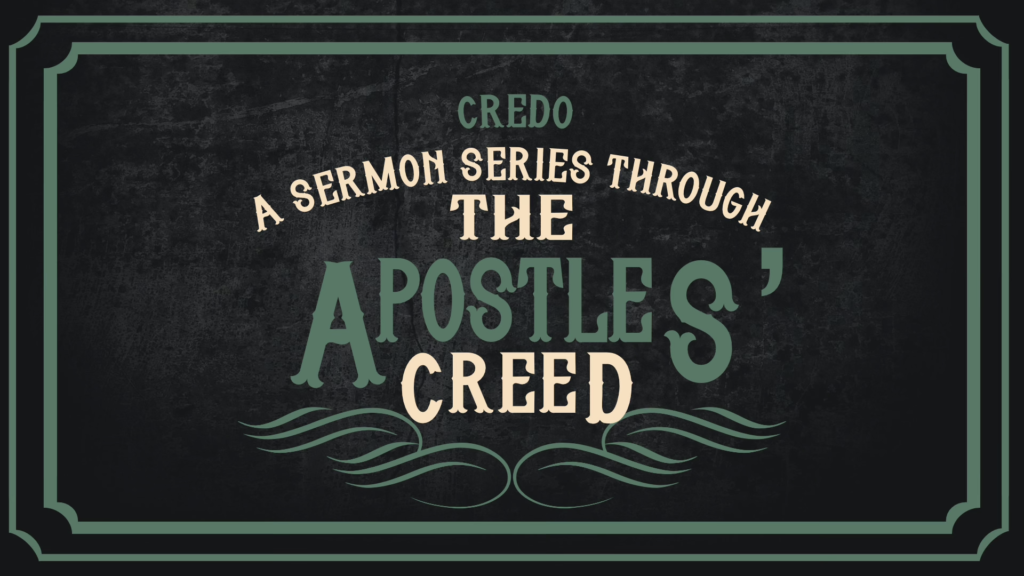
Calvin Miller once spoke of the challenge that school teachers faced in the counterculture of California in the 1960s. Seemingly all of a sudden, little children—the children of hippies—started appearing in classes with the most exotic of names: Peace, Moonbeam, Star, Rainbow, and the like. Teachers had to adjust and, above all else, had to avoid showing surprise at these strange names.
One school teacher was prepared, then, to find among her students a little boy named “Fruit Stand.” It was written right there on the little name card the kids wore: Fruit Stand. So the teacher decided to embrace it outright. “Good morning, Fruit Stand!” She said to the boy. Then, throughout the day, she warmed to the name: “Yes, little Fruit Stand? You have a question?” “That is right, Fruit Stand! That is the correct answer!” “Of course, Fruit Stand, you may go to the restroom.” And on and on it went
He was a sweet little boy, and the teacher was sad to see him go. Even so, at the end of the day, he lined up with the others to be led out to the buses. The teacher came to little Fruit Stand, patted him on the top of his head, said, “I will see you tomorrow Fruit Stand!”, then turned his name placard over so that the bus driver would be able to see where he was to be dropped off.
And there, on the back of his name card, it said…Anthony.
What I love about the Apostles’ Creed is the way that it names Jesus then turns His name card over so we can see what is written on the back. And what is written on the back is powerful and provocative and incendiary, for on the back we read: “Jesus Christ, his only Son, our Lord.” We have sought to answer the question, “What does it mean to call Jesus ‘Christ’?” We then sought to answer the question, “What does it mean to call Jesus ‘Son of God’?” Now we will attempt to answer the question, “What does it mean to call Jesus ‘our Lord’?”
This last title, “Lord,” must be understood. To say that it is pervasive in the New Testament is to make an understatement, for as James Leo Garrett writes:
Whereas “Lord” is used 139 times in the New Testament of God the Father, it is used 489 times of Jesus. The latter usage occurred in all books except Titus, and 1, 2, and 3 John.[1]
So what does this important and very-present word “Lord” mean?

